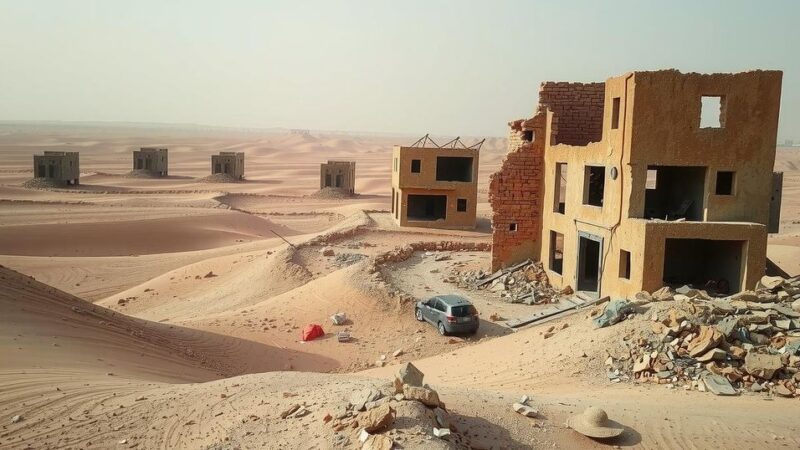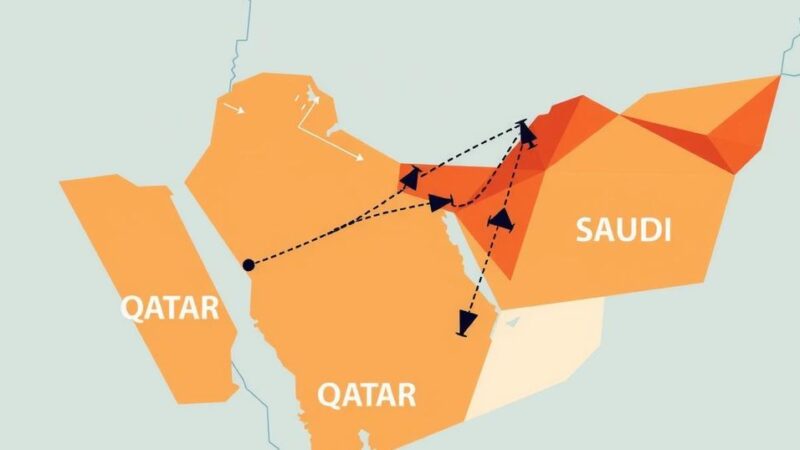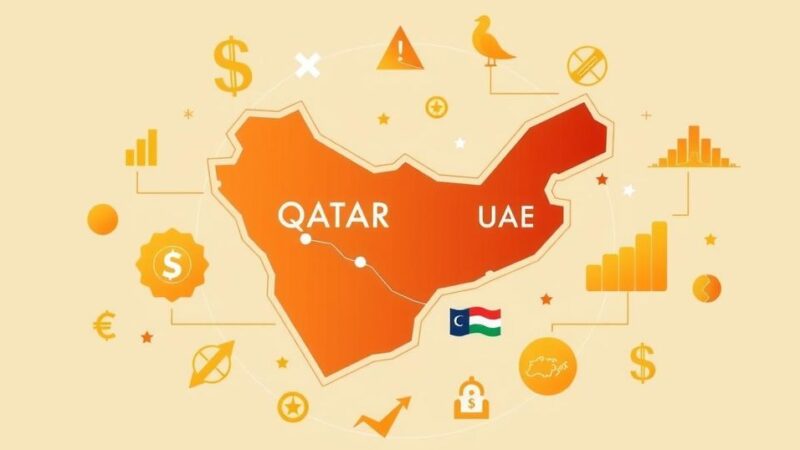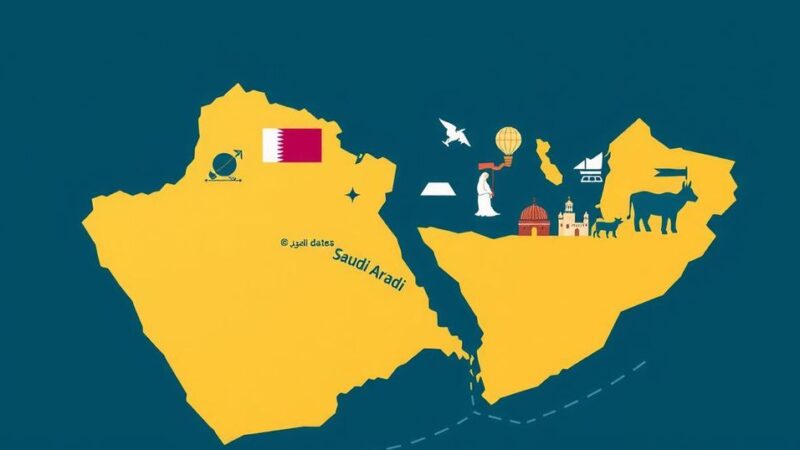A 6.8 magnitude earthquake struck eastern Cuba on Sunday, compounding the challenges faced by residents following Hurricane Rafael and ongoing blackouts. Tremors were felt in several cities, but initial reports indicated no major injuries. The earthquake highlights the island’s vulnerability amidst its energy crisis and the aftermath of natural disasters.
On Sunday, an earthquake registering a preliminary magnitude of 6.8 struck eastern Cuba, exacerbating the challenges faced by residents following weeks of devastating hurricanes and prolonged blackouts. The U.S. Geological Survey reported that the quake’s epicenter was approximately 25 miles south of Bartolome Maso, with tremors perceptible throughout eastern Cuba, particularly in cities such as Santiago de Cuba, Holguin, and Guantanamo. Although local media in Jamaica indicated that tremors were also felt there, initial reports from Cuba did not indicate significant damages or injuries. The residents of Santiago, Cuba’s second-largest city, experienced considerable unease as they took to the streets in response to the seismic activity. Yolanda Tabío, a 76-year-old local, recounted, “You had to see how everything was moving, the walls, everything,” emphasizing the intensity of the quake. Following the initial tremor, several individuals reported feeling aftershocks, and while some expressed concerns over the situation, Tabío noted that she had not heard of severe damage among her acquaintances. Additionally, social media reports from the small town of Pilon revealed minor damage, with images depicting collapsed roofs and cracked walls, a common issue in Cuba where many buildings remain old and poorly maintained. This earthquake follows a particularly challenging period for the island, which has been grappling with a significant energy crisis and the aftermath of natural disasters. Earlier in the week, Hurricane Rafael, a Category 3 storm, impacted western Cuba, resulting in widespread power outages and destruction of hundreds of homes, forcing evacuations for thousands of residents. Many regions were still without electricity days later. With prior instances of island-wide blackouts and a previous hurricane leading to fatalities, public discontent has surged, prompting small protests throughout the nation.
Cuba is currently enduring a multifaceted crisis, marked by natural disasters such as hurricanes and chronic issues related to its energy infrastructure. The recent 6.8 magnitude earthquake struck amid ongoing struggles with blackouts and the aftermath of Hurricane Rafael, which devastated the island just prior. These environmental adversities have compounded historical infrastructure challenges, leading to public unrest and increasing anxiety among residents. The connection between the natural disasters and the aging buildings in Cuba further exacerbates the vulnerability of its population to seismic activities and severe weather.
In conclusion, the recent 6.8 magnitude earthquake striking Cuba adds to the island’s ongoing struggles with natural disasters, energy shortages, and public unrest. As residents cope with the ramifications of both the earthquake and the preceding hurricane, the precarious state of infrastructure poses a rising concern. With the combination of significant environmental challenges and political discontent, Cuba remains in a state of heightened vulnerability, necessitating urgent attention and support.
Original Source: www.kxxv.com






